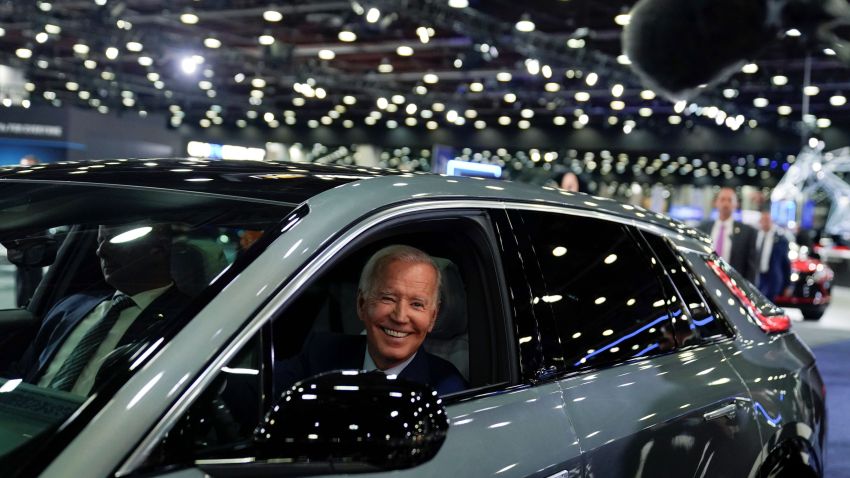The Inflation Reduction Act was passed by the U.S. Congress and signed into law by President Joe Biden in August amid much fanfare, with the act’s $370 billion in climate provisions hailed as the first major U.S. climate legislation in history. Nevertheless, the act’s measures include financial incentives to consumers who purchase electric vehicles that are leading to renewed trade frictions with the European Union. While those tensions are significant in and of themselves, they mask deeper problems with how the IRA, as the act is known, as well as climate legislation more generally fit into the global trade regime.
The point of contention between the EU and the U.S. is the inclusion in the IRA of a $7,500 tax break for individual consumers to purchase electric vehicles. To qualify, however, the vehicles’ final assembly must be carried out in North America, defined as the U.S., Canada or Mexico. A portion of the critical minerals that go into their batteries must also be sourced domestically or from countries with which the U.S. has a free trade agreement, or else be recycled in the United States. And finally, a percentage of the vehicles’ battery components must be produced in North America. The EU claims that in doing so, the U.S. is violating World Trade Organization rules that ban “local content” requirements.
Beyond a desire to uphold international trade laws, the EU has more concrete concerns—namely that several large auto manufacturers in Germany, France and Italy might shift production to the U.S. to comply with these new requirements, leading to job losses at home. Europe’s industrial sector is already bearing the brunt of rising energy costs linked to Russia’s war in Ukraine. It also faces a difficult choice over whether to maintain operations in China at a time of growing unease with the direction in which President Xi Jinping is taking that country. Both issues make relocating production, especially for such a fast-growing market as the one for electric vehicles, a sensitive topic.

